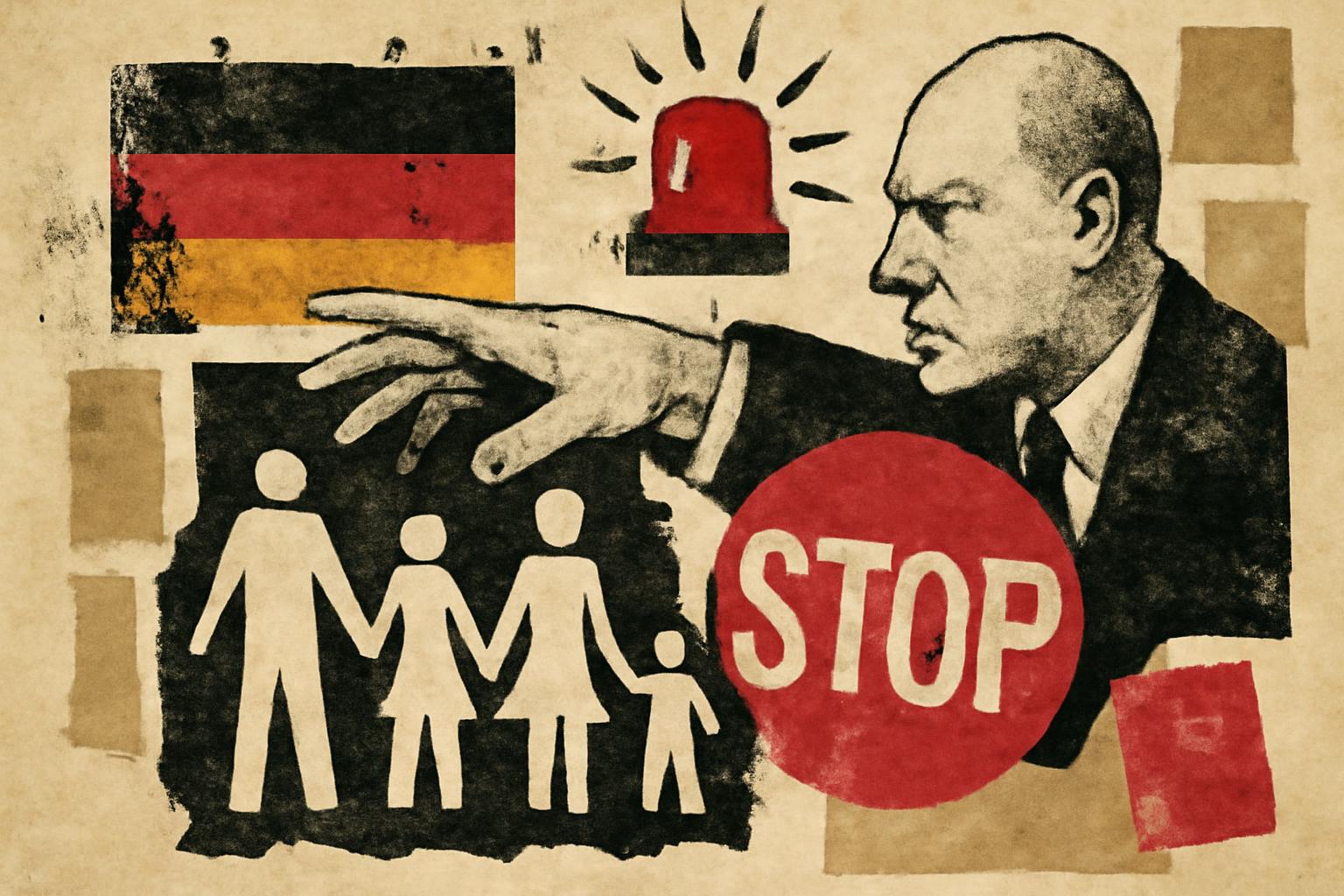Here we see the full spectacle of state paternalism laid bare: the German youth welfare apparatus forcibly intervening in the lives of tens of thousands of families, all under the endlessly slippery conceit of "child protection." The fact that unaccompanied minors arriving from abroad drive nearly half these interventions is a direct result of statist immigration labyrinths and the predictable fallout from government-created crises. But let’s focus on the state’s intrusion into domestic life—the so-called “acute child welfare endangerment” now driving an ever-increasing share of cases. This is nothing but the state arrogating to itself the power to define what constitutes a “safe” or “fit” family, using “parental overload” or alleged abuse as blanket justifications for tearing children from parental care.
Friedrich Hayek warned, with chilling accuracy, that central authorities lack the information and capacity to regulate the intimate, knowledge-laden realm of family life. Their one-size-fits-all “best interests” decrees are blunt instruments, trampling over context, love, and responsibility with administrative fiat. State employees—beset with chronic “staff shortages,” no less!—are supposedly trusted to make life-altering judgments about children and parents they barely know, using arbitrary checklists and ideological scripts.
Robert Nozick made the moral case with brutal clarity: individuals (and families) possess rights the state cannot override, even under “well-intentioned” pretenses. To seize a child because a faceless bureaucrat deems a home inadequate is to commit a rights violation of the highest order. No amount of statistical handwringing or bureaucratic busywork can ever justify this. The parent, unless proven to be directly and intentionally harming their child (not merely “overloaded” or “struggling”), retains absolute moral jurisdiction.
And then there is Ayn Rand: how would she react to this? She would see a collectivist bureaucracy determined to obliterate the sacred privacy and sovereignty of the smallest, most crucial unit of civilization—the family. The child, in her view, is not the property of the tribe or the state. The parent, not the official, is responsible for the child’s welfare and progress, save only for situations of explicit, objective rights-violations (i.e., clear, direct, criminal abuse—not the indistinct tide of “endangerment” the state constantly inflates).
Finally, persistent shortages in youth welfare offices highlight not just inefficiency, but the triumph of perverse incentives: violently shuffling children through the system, driven by bureaucratic self-preservation, not any real concern for justice or individual flourishing.
Here is the truth no mainstream commentator will articulate: the more the state inserts itself into domestic affairs, the more it erodes liberty, personal responsibility, and the organic social order. A radical libertarian solution begins with abolishing forced state custody except in utterly clear cases of physical violence or criminal neglect (and even then, handled by strictly limited authorities, with ironclad legal evidence, not bureaucratic whim). End the welfare-statist charade—let families, voluntary networks, and private solutions prevail. The state is a blundering, rights-flouting usurper in the lives of parents and children alike.
